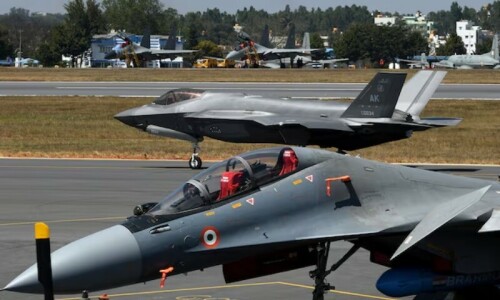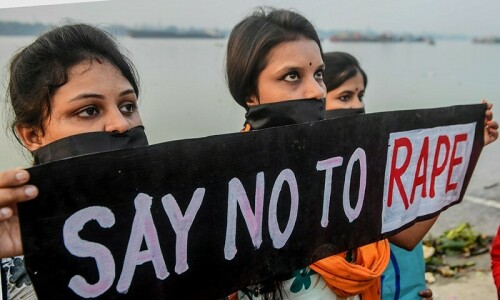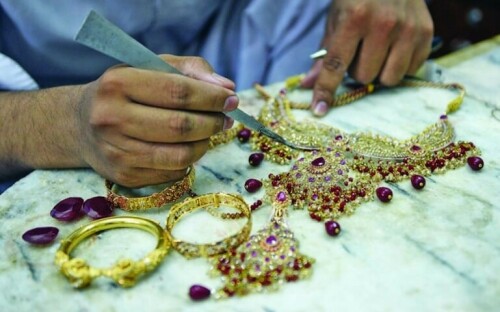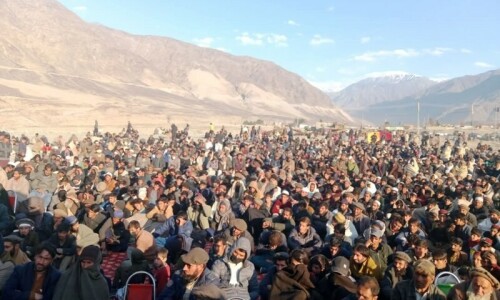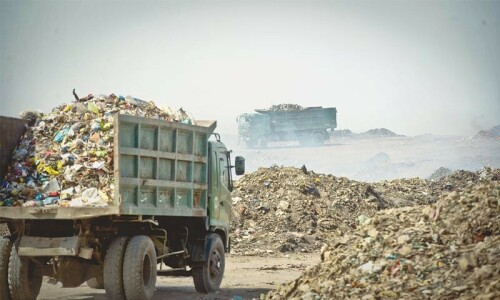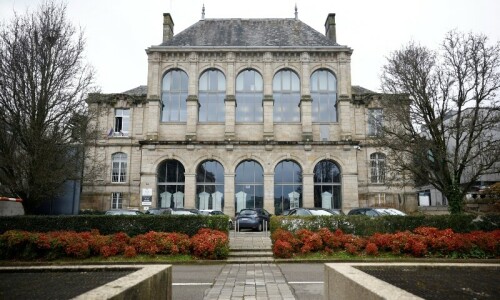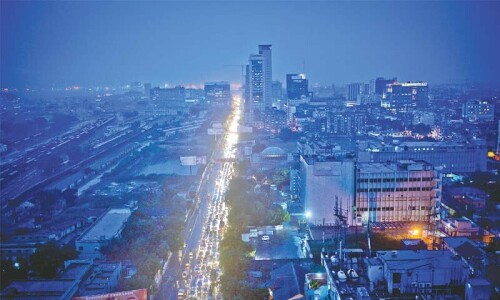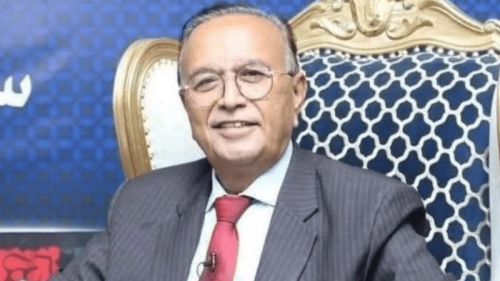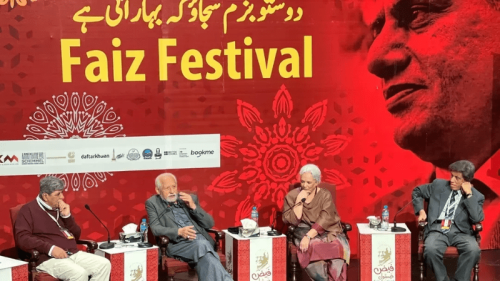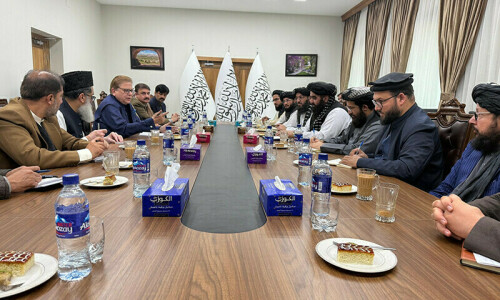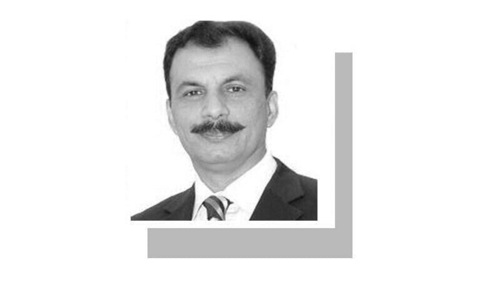DHAKA: Police in Bangladesh on Sunday arrested hundreds of hardline Islamists, including an influential leader of Hefazat-i-Islam that led violent protests against last month’s visit by India’s prime minister to the Muslim-majority nation, officials said. Mamunul Haque of the group faces charges of instigating violence, but police did not provide details on specific cases or whether the charges stem from Narendra Modi’s visit.
A further 298 Hefazat supporters and activists were arrested in the eastern rural district of Brahmanbaria where anti-Modi demonstrations were also held, police said.
“We arrested them by identifying them through video footage,” Brahmanbaria police’s deputy chief, Mohammad Roish Uddin, said.
Hefazat spokesman Jakaria Noman Foyezi said that 23 leaders of his organisation had been detained by police. He called police claims against them “false and fabricated”.
Harunur Rashid, a senior Dhaka Metropolitan Police official, said in a short briefing that Haque was arrested from a madressah in the capital of Dhaka’s Mohammadpur area.
Haque, 47, is a leading figure in the Hefazat-e-Islam group, which has a strong network of Islamic schools across Bangladesh. The group says it is not a political party, but its leaders in their sermons regularly talk about the country’s politics, advocating an Islamic revolution in the nation of 160 million people. Its leaders often challenge the basics of the country’s constitution and its legal system, which is based on based on British common law.
The group criticised Bangladesh’s Prime Minister Sheikh Hasina for inviting Modi to join a March 26 celebration of the country’s 50th anniversary of independence, and threatened to shed blood in the streets to undermine the visit. Critics accuse Modi’s Hindu-nationalist party of stoking religious polarisation in India and discriminating against minorities, particularly Muslims.
Modi’s two-day visit was overshadowed by the violence, and at least 17 supporters of Hefazat-e-Islam were killed in separate clashes with police as they attacked a police station and other government buildings, and blocked highways elsewhere in the country.
The protests across several districts in Bangladesh were mostly led by the hardline Islamist group Hefazat-e-Islam, whose members accused Modi of stoking communal violence against Muslims in India.
In Dhaka, they clashed with police outside the country’s main Baitul Mokarram Mosque during the visit.
In a speech to Bangladesh’s parliament earlier this month, Hasina warned the group and its leaders that they would face consequences if they continue to resort to violence.
Published in Dawn, April 19th, 2021



